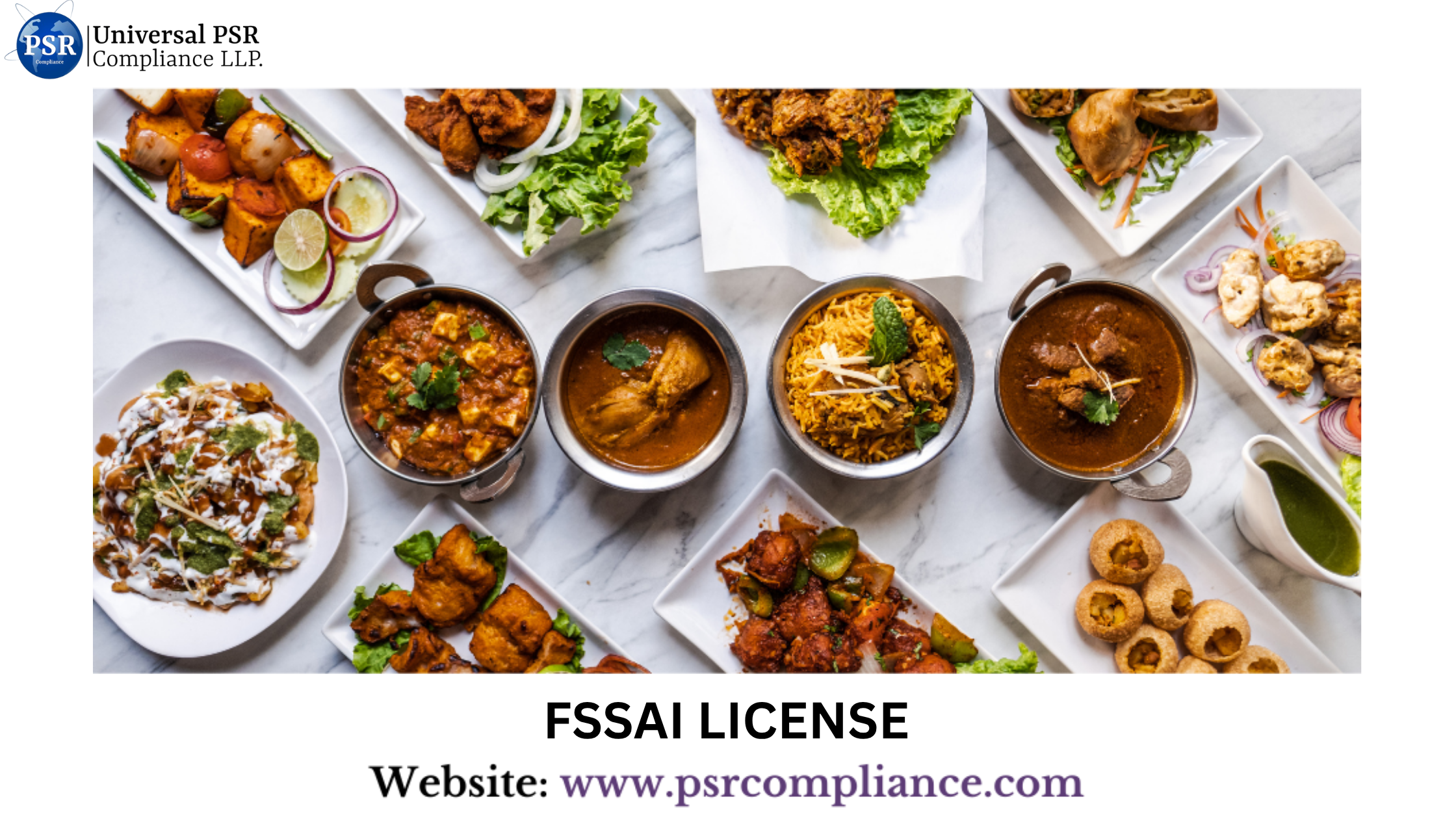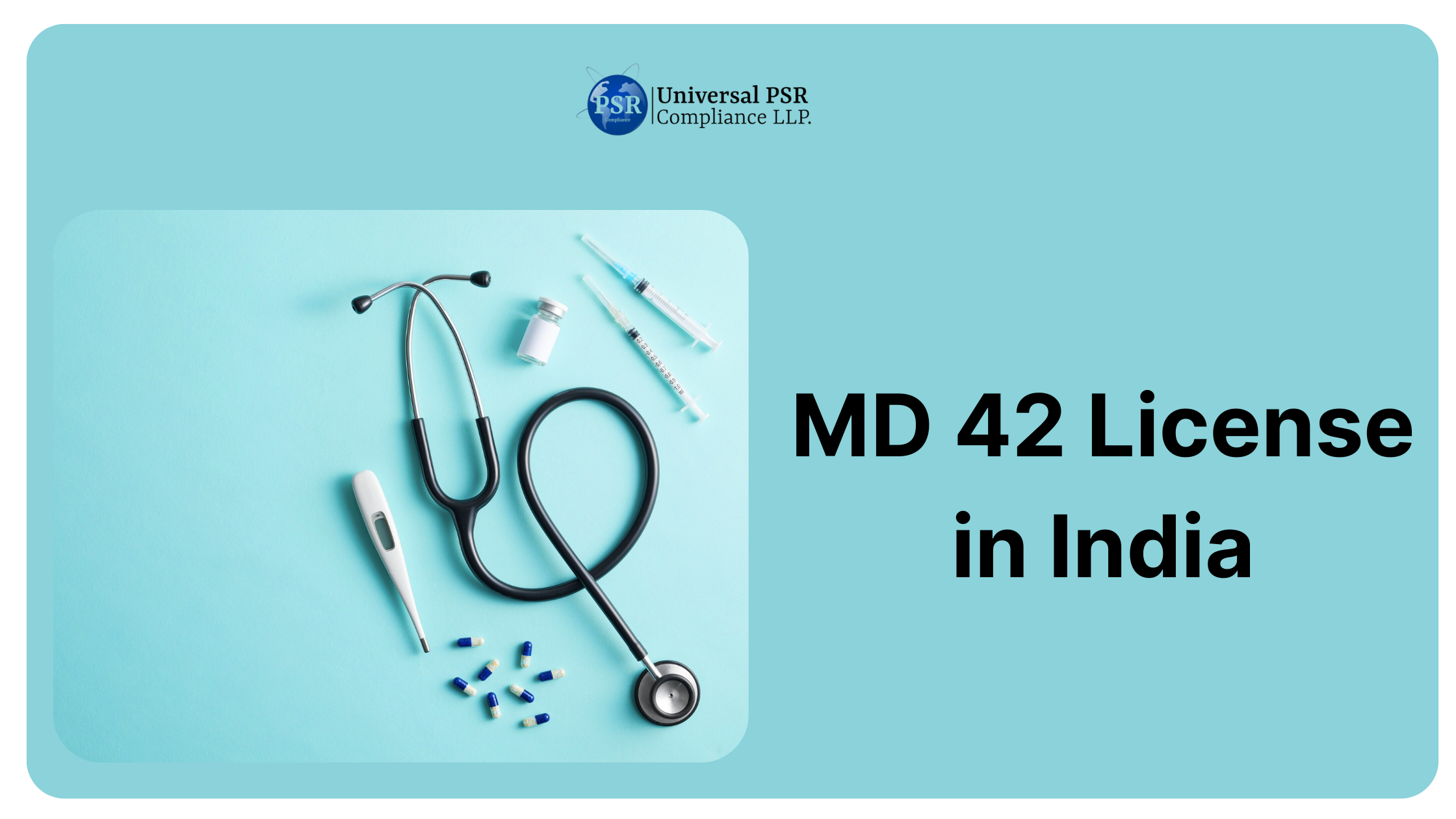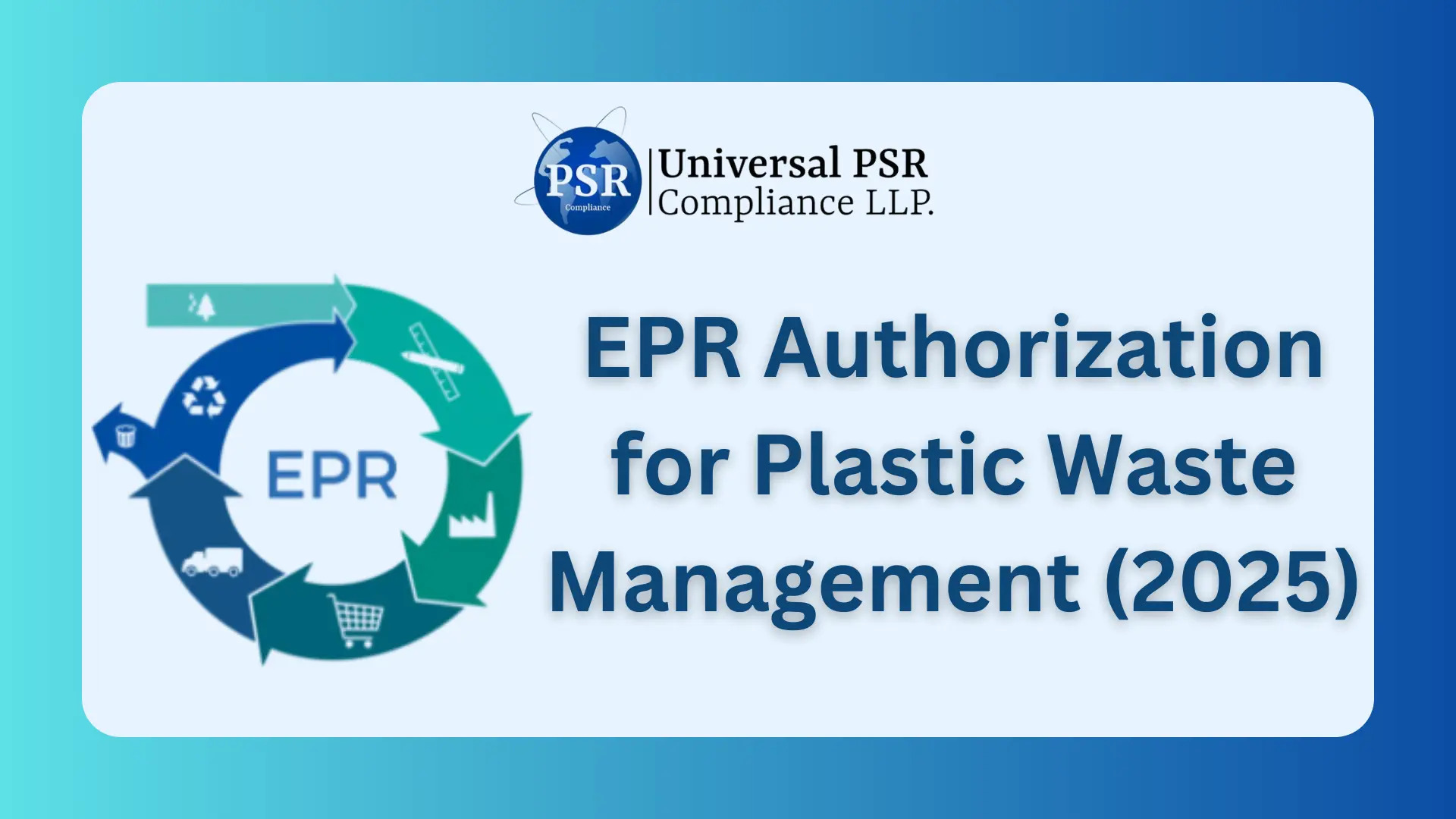FSSAI License in India: Essential Guide for Every Food Business Owner

The Importance of FSSAI in India’s Food Industry
The food business isn’t just about taste anymore—it’s about trust, hygiene, and safety. With rising health awareness and increasing demand for transparency, customers are more cautious than ever about what they consume. That’s where FSSAI steps in.
FSSAI—Food Safety and Standards Authority of India—is the national regulatory body that sets and enforces standards for food safety across the country. The goal? To ensure that the food reaching your plate is safe, hygienic, and of good quality.
Having an FSSAI license gives your business:
- Legal protection
- Market credibility
- Eligibility to sell on online platforms like Swiggy, Zomato, and Amazon Pantry
- Consumer trust and brand authority
In short, no matter how small or big your venture is, if you're handling food, you need to be licensed under FSSAI.
Why Every Food Business Needs an FSSAI License
You might think, "I'm just selling homemade snacks. Do I really need a license?" The answer is a resounding YES. FSSAI mandates that every entity involved in the food chain—from preparation to packaging to distribution—must be registered or licensed, depending on the scale of operation.
Seizure of food products
Permanent business shutdown
Loss of credibility among customers and partners
Conversely, being licensed means smoother operations, better funding opportunities, and access to larger markets.
Here’s why skipping it can cost you:
What is FSSAI?
Meaning and Full Form of FSSAI
FSSAI stands for Food Safety and Standards Authority of India. It is an autonomous body under the Ministry of Health & Family Welfare, Government of India. Established under the Food Safety and Standards Act, 2006, FSSAI is responsible for protecting public health through food regulation.
Functions and Responsibilities of FSSAI
FSSAI is much more than a licensing authority. It also:
- Formulates food safety standards
- Conducts inspections and audits
- Certifies and monitors food businesses.
- Educates and trains food business operators (FBOs)
- Investigates and takes action against non-compliant entities
- Develops awareness campaigns for consumers
In essence, FSSAI is India’s watchdog for anything related to food safety and quality.
Types of FSSAI Licenses in India
Depending on the annual turnover and nature of operations, food businesses in India must apply for one of the following three types of FSSAI licenses:
FSSAI Basic Registration
- For small-scale businesses with an annual turnover of less than ₹12 lakh
- Ideal for home kitchens, small retailers, hawkers, or petty traders
- Requires minimal documentation
- Issued by local municipal authorities
FSSAI State License
- For medium-scale businesses with turnover between ₹12 lakh and ₹20 crore
- Applicable to restaurants, small manufacturers, storage units, and distributors
- Issued by the State Food Safety Department
- Requires a more detailed documentation and inspection process
FSSAI Central License
- For large-scale operations with turnover above ₹20 crore
- Also mandatory for businesses involved in interstate trade, import/export, or operating in multiple states
- Issued by the Central Licensing Authority (FSSAI Headquarters)
- Requires comprehensive records and approvals
Choosing the wrong license can result in rejection or future penalties, so it’s important to match your business scale and nature accurately before applying.
Who Needs an FSSAI License?
Eligibility Criteria
Any food business operator involved in the following activities must be registered or licensed under FSSAI:
- Manufacturing or processing
- Storage and warehousing
- Transportation
- Distribution and wholesaling
- Retailing or selling
- Importing or exporting
- Catering or supplying food to institutions
- Online and cloud kitchen operations
- Food Business Categories Requiring Registration
- Restaurants and cafes
- Street food vendors
- Online food sellers
- Home-based tiffin and catering services
- Dairy and meat processing units
- Packaged food producers
- Retail chains and supermarkets
- Food importers and exporters
No matter how small or large your operation is, if food is part of your business, FSSAI registration is non-negotiable.
Note: IndiBlogHub features both user-submitted and editorial content. We do not verify third-party contributions. Read our Disclaimer and Privacy Policyfor details.







